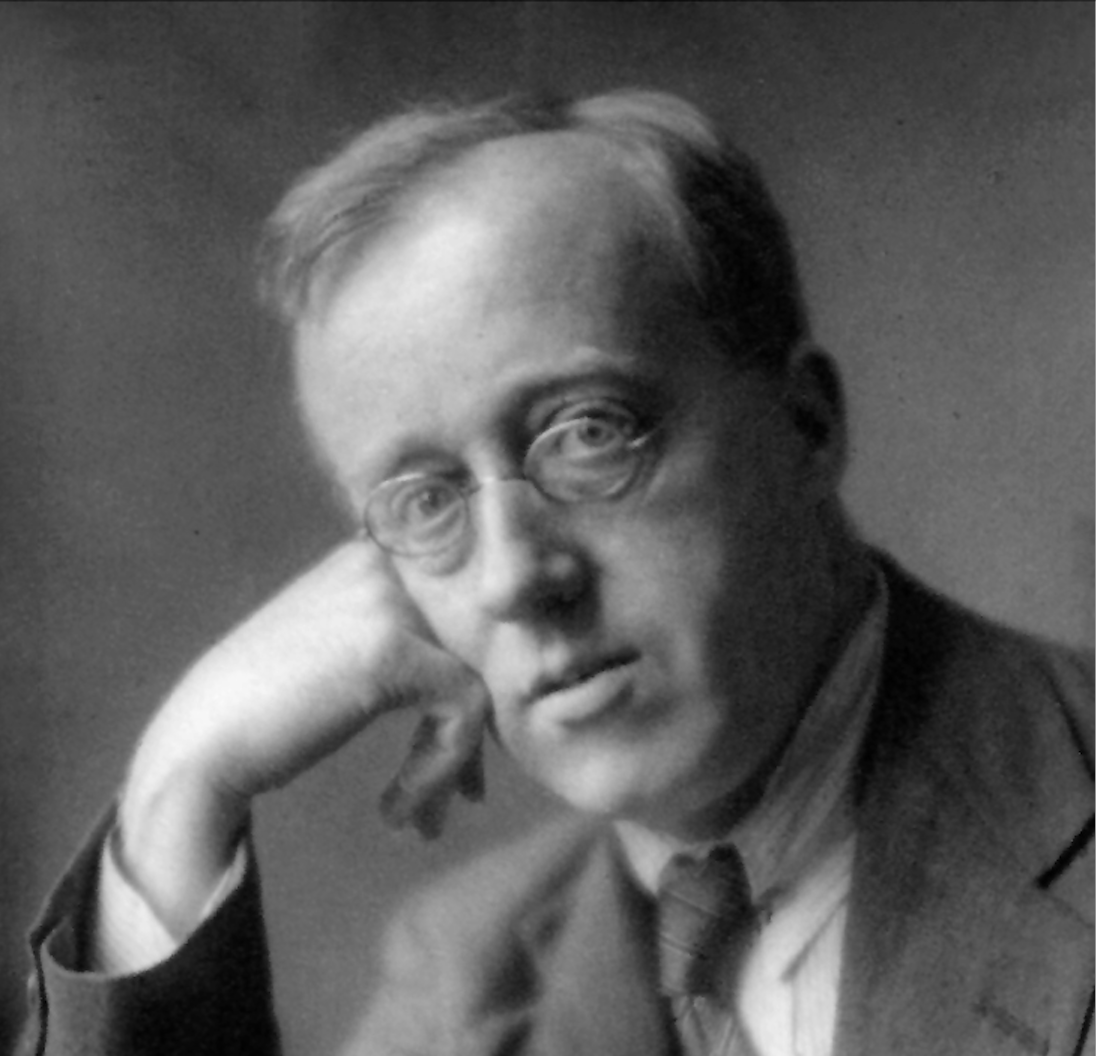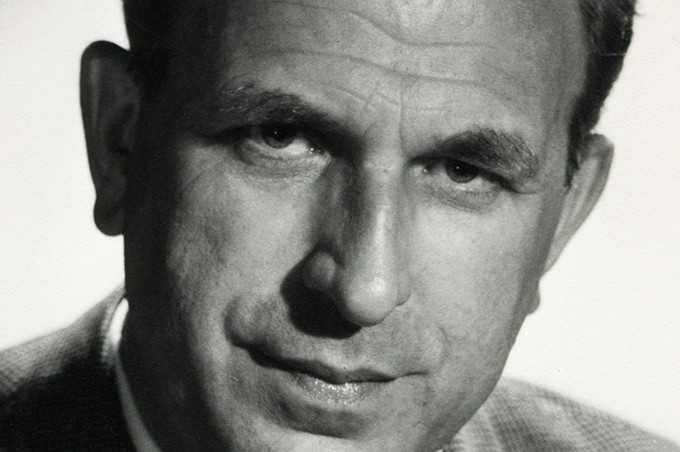06 July 2023
P.R. Jenkins
Spotlight Holst: “The Planets”

Gustav Holst’s suite “The Planets” is arguably the most popular piece of English orchestral music, alongside Elgar’s “Pomp and Circumstance”.
In 1914, when he began to write his magnum opus, Holst was a music teacher in a girl’s college and was only able to compose at the weekends. That’s why it took him more than four years to complete it. The suite has seven movements, each portraying a planet and its astrological character: 1. Mars, the Bringer of War, 2. Venus, the Bringer of Peace, 3. Mercury, the Winged Messenger, 4. Jupiter, the Bringer of Jollity, 5. Saturn, the Bringer of Old Age, 6. Uranus, the Magician, 7. Neptune, the Mystic.
“During Jupiter the charwomen working in the corridors put down their scrubbing-brushes and began to dance. In Saturn the isolated listeners in the dark, half-empty hall felt themselves growing older at every bar. But it was the end of Neptune that was unforgettable, with its hidden chorus of women’s voices growing fainter and fainter in the distance, until the imagination knew no difference between sound and silence.”
Holst’s daughter Imogen about the first performance of “The Planets” in 1918
Holst wrote a brilliantly colourful score lasting about 50 minutes and influenced by such different sources as Vaughan-Williams, Dukas, Stravinsky (“The Firebird”), Schoenberg (Five Pieces op 16) and Strauss (“Ein Heldenleben”). The last movement also calls for a wordless female chorus (as in Debussy’s “Nocturnes”) and is probably the first example of a “fade out” in orchestral music. The first movement, Mars, was widely seen as a characterization of the horror of World War I, but was actually written six months before the war started. Holst himself wasn’t particularly fond of his greatest success and regretted that it had led to the neglect of his other works (as is still the case today).
Around 1960, English music was generally less well-known in continental Europe. It was quite unusual, in 1959 for Karajan as manager of the Vienna State Opera to invite Sir Adrian Boult, conductor of the first-ever performance, to record “The Planets” with the opera orchestra. Two years later, Karajan himself recorded it with the Vienna Philharmonic – a difficult matter. The orchestra struggled with the 5/4 rhythms and Karajan’s beat. But with joint forces the LP was a success. “Imogen Holst declared [Karajan’s] 1961 Vienna Philharmonic to be the finest account of her father’s much-played masterpiece she had ever encountered. (Richard Osborne)”
Karajan also performed a “Planets” ballet twice at the State Opera, the only time in Vienna he conducted a ballet live. Karajan’s second studio recording was made with the Berlin Philharmonic in 1981.

We’ve made playlists with both “The Planets” recordings. Listen to them here.
— P.R. Jenkins
